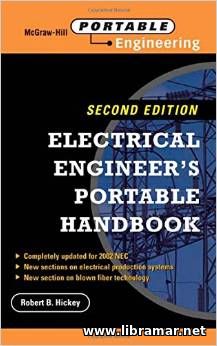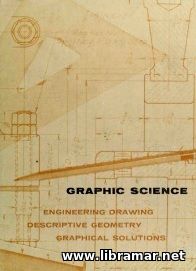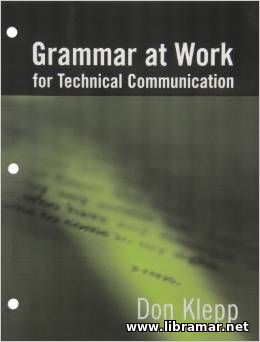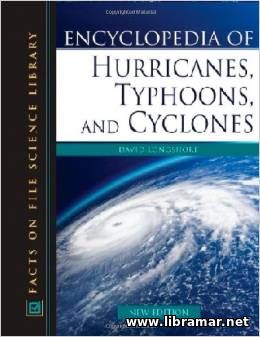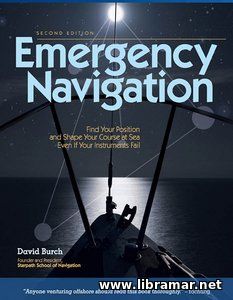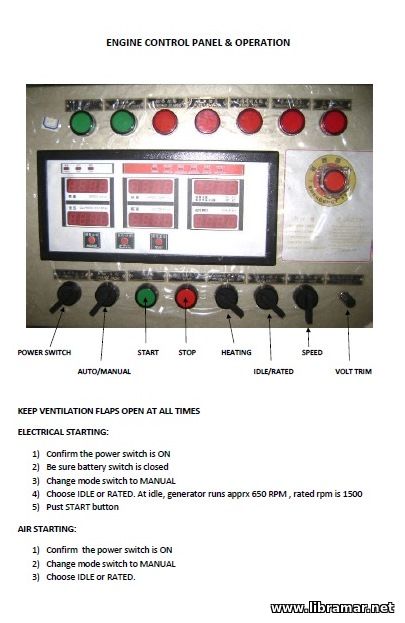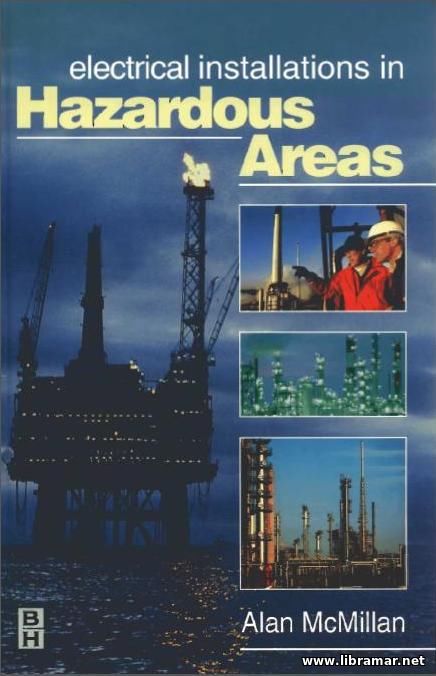
This publication appears to be the only one available, that would be able to provide a truly comprehensive coverage of this vital area. It was prepared by a world leading and Internationally recognized UK authorities in the subject field. The books will be very useful for all readers since it brings together all relevant technical information from the number of various European and British technical standards and presents all gathered info in a single volume.
We are pretty sure that the present title would be not only very useful to the marine engineers from the United Kingdom and/or European countries who are involved with electrical installations that have been located in hazardous areas, but especially to United States professionals who are not as conversant with the technical approach taken in the Europe and UK. We would therefore highly recommend this book to all such engineers. It is the must have book for everyone who need to decide how to rate an area properly.
The publication is intended to address all issues related to the location of the various equipment in the hazardous areas on offshore installations and other facilities, and explains readers the increasing complexity of the relevant technical codes and standards...
